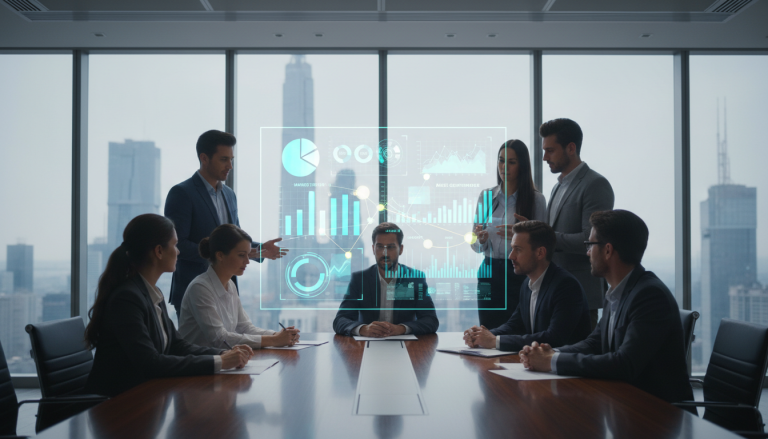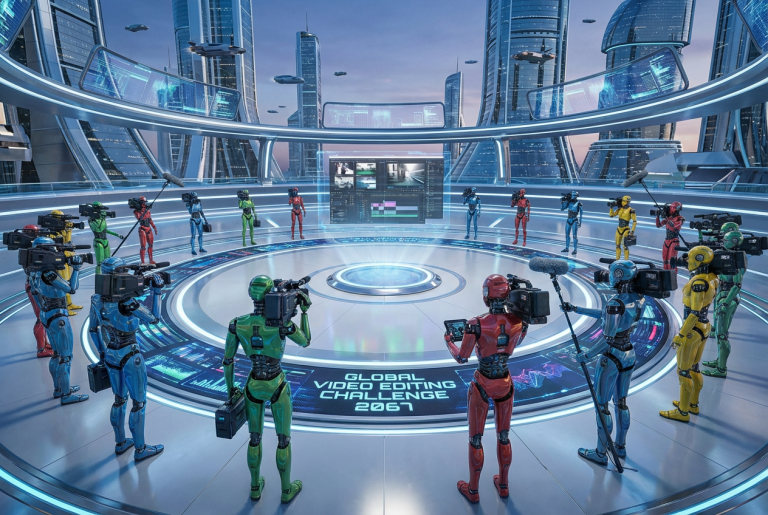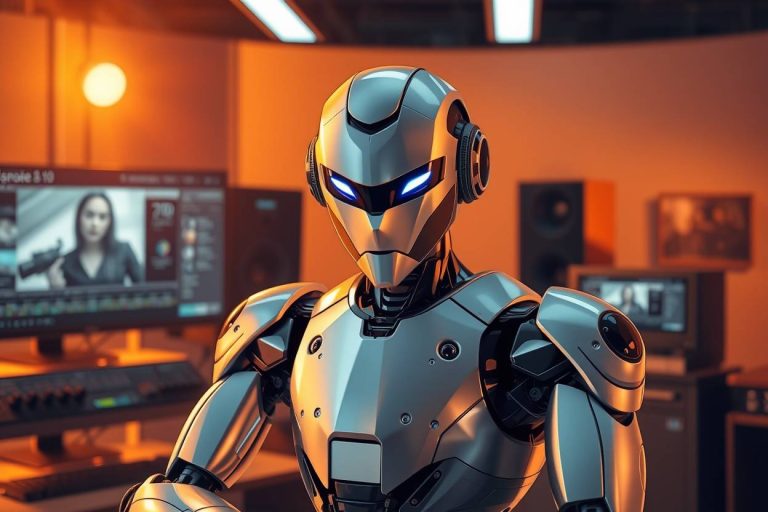Can AI generated content be protected by copyright?
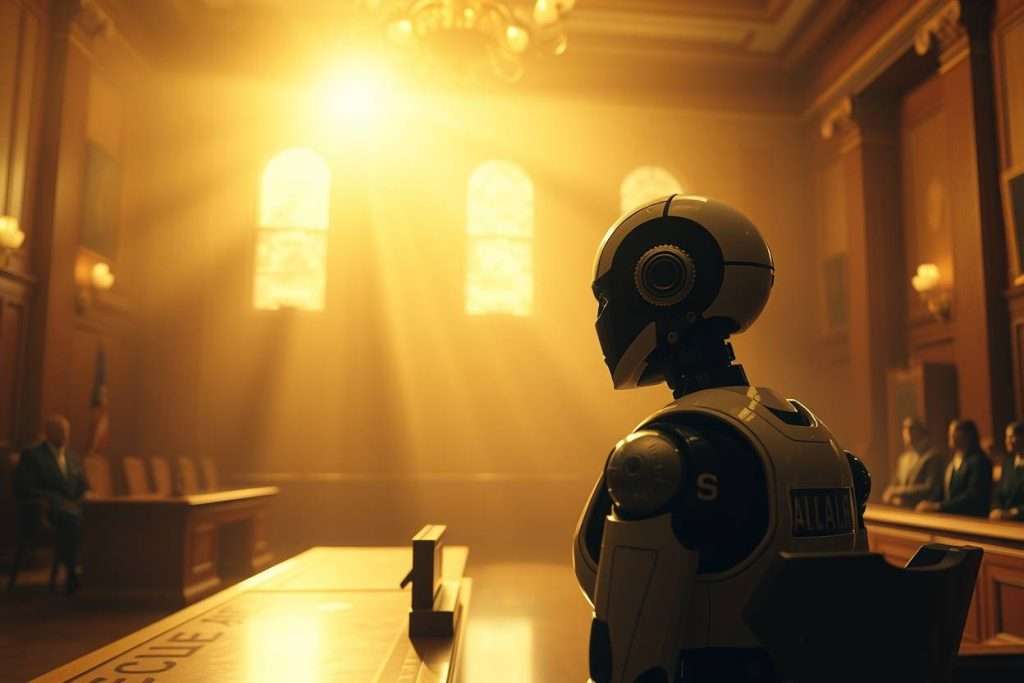
Artificial Intelligence (AI) technologies are becoming widely applicable in all work areas and types of tasks. They simplify the process of content creation and make it more accessible. However, besides ethical concerns of the future of some creative professions, there are other issues worth attention, particularly related to the authorship and the copyright law.
In this article, we will cover whether AI-generated content can be protected by copyright law, possible infringement of the copyright rights of authors of works by AI tools, and how developers of AI platforms can obtain rights on content usage for future development of their tools.
The first legal case of AI copywriting
Copyright of the work protected under Section 17 of the US Code §201 initially belongs to the author or authors of the work. Courts have repeatedly considered this matter in their proceedings, even before artificial intelligence began to be used in the industries.
In Thaler v. Perlmutter (2023), engineer Steven Thaler filed a copyright application with the USCO for a work generated by artificial intelligence, “A Recent Entrance to Paradise.” On the grounds of the absence of human authorship, the USCO rejected the application. Subsequently, the case regarding the human authorship was heard in court. The court ruled that the understanding that authorship is synonymous with human creation is still, despite all the changes copyright law has undergone.
In 2023, the US Copyright Office published guidelines for registering AI-generated works. According to the guidance, the question of whether works created by artificial intelligence are subject to copyright protection will be decided on a case-by-case basis.
When filing a copyright application, the applicant is required to disclose any unclaimed material, such as content from the public domain or material that was previously registered. In addition, the applicant must disclose any part of the content generated by artificial intelligence. This duty to disclose applies when the AI-generated content exceeds a de minimis threshold under the Feist copyrightability standard. Disclosure is not required for the AI-generated portion less than de minimis, such as minor processing applied to human-created images.
If the application has already been filed without the necessary disclosures, the applicant must amend the application accordingly. And if the work has already been registered, the copyright holder shall correct the record using a supplemental registration filing procedure.
Zarya of the Dawn
The failure to disclose AI-generated content is exemplified in the case of the copyright registration for “Zarya of the Dawn” (2023). Ms. Kashtanova applied to register the comic book “Zarya of the Dawn”. After registering, the U.S. Copyright Office became aware that the applicant had used the well-known Midjourney to create the comic book. Upon review, the Office determined that “rather than a tool that Ms. Kashtanova controlled and guided to reach her desired image, Midjourney generates images in an unpredictable way,” as stated in a letter from the U.S. Copyright Office.
As a result, the USCO canceled the original registration for failing to disclose the AI-generated content. It then issued a new, limited registration that only covered the parts of the comic created by Ms. Kashtanova herself.
Conclusion
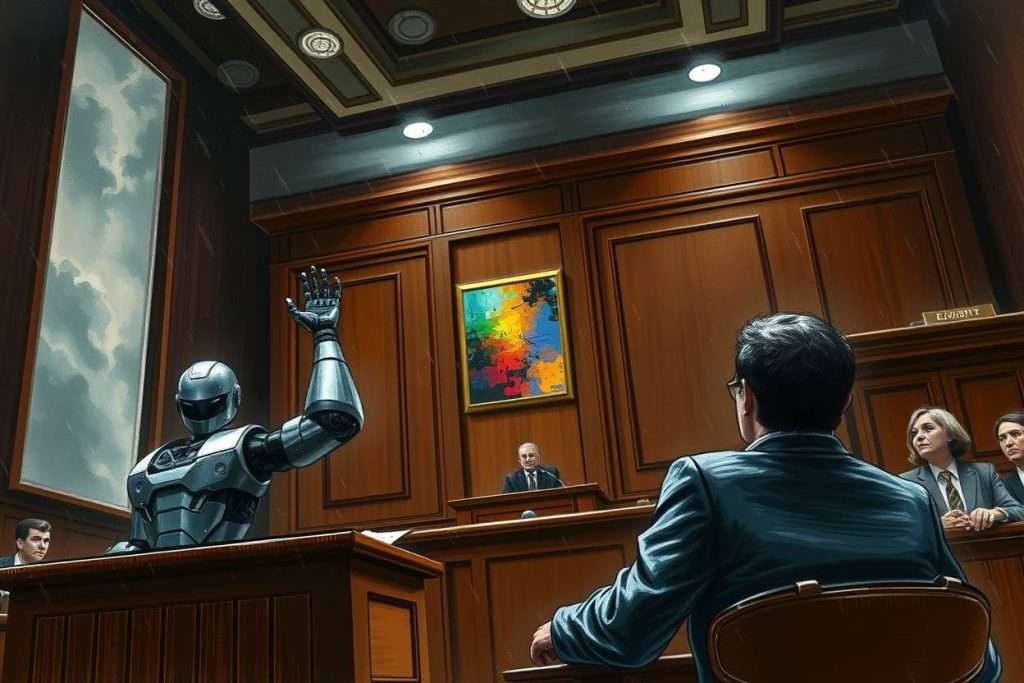
Human authorship is a fundamental requirement for copyright protection. Although using artificial intelligence tools does not deprive a work of its right to protection, copyright can only be claimed for those parts of the work that result from human creativity. Therefore, applicants must disclose information about using artificial intelligence when registering for copyright. Failure to comply with this requirement may result in cancellation of registration.
The legal precedent and administrative guidance discussed demonstrate a clear and consistent position from U.S. authorities: copyright protection is fundamentally tied to human authorship. As established in Thaler v. Perlmutter and reinforced by the U.S. Copyright Office, works generated entirely by artificial intelligence are not eligible for copyright.
For creators who use AI as a tool, the distinction is critical. Copyright can be granted, but it will only protect the human-authored elements of the final work, not the parts generated by the AI system. The case of “Zarya of the Dawn” exemplifies this, where the registration was limited to the text and the arrangement of images created by the author, excluding the AI-generated images themselves.
Therefore, the primary takeaway for authors and applicants is the procedural importance of disclosure. It is mandatory to inform the U.S. Copyright Office of any AI-generated content that is more than a trivial component of the work. Failure to do so can result in the cancellation and reissuance of a limited registration, or the complete loss of copyright protection. While AI can be a powerful assistant in the creative process, the law currently ensures that the rights of authorship remain with the human creator.


